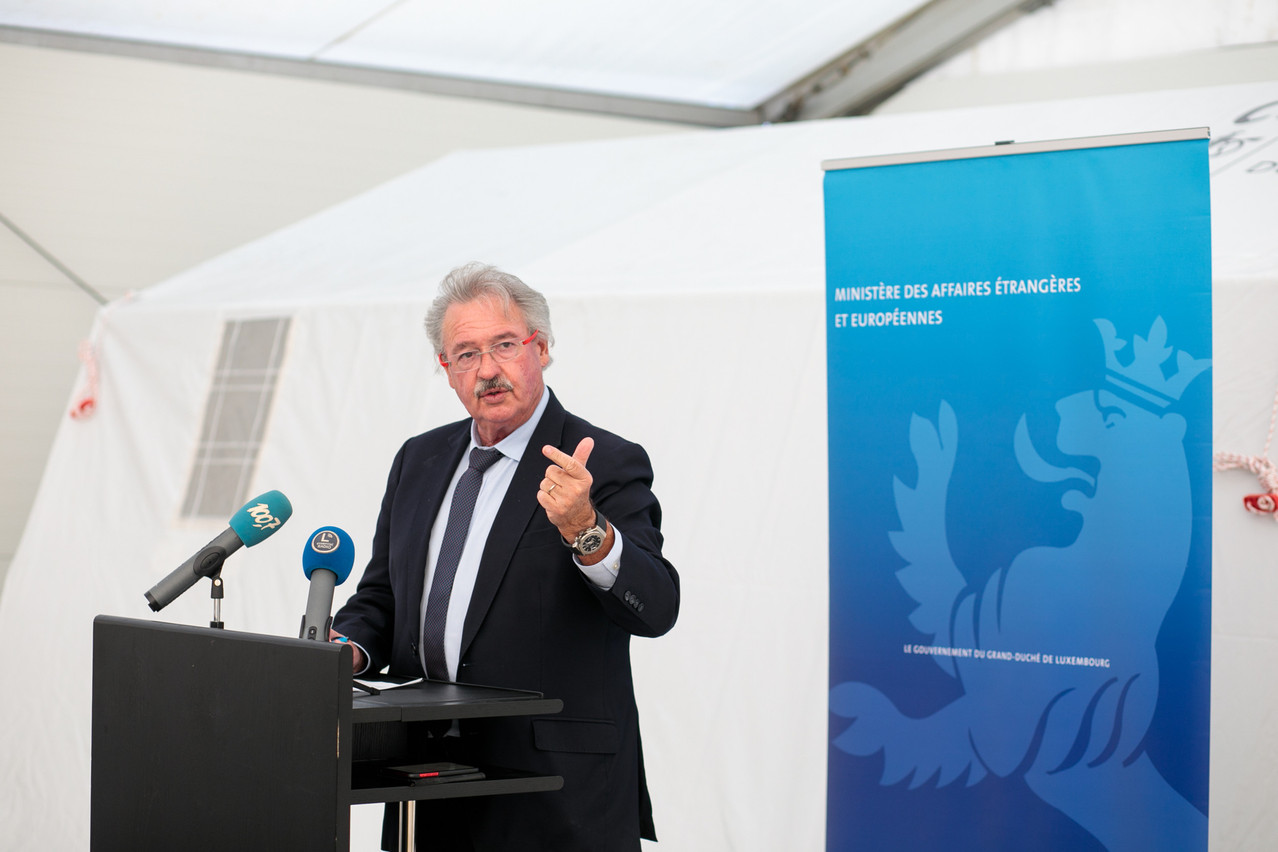In light of the EU abolishing a 2007 accord which facilitated the issuing of visas to Russian citizens, (LSAP) addressed the media, and spoke in support of the so-called people-to-people approach in which each applicant is screened rather than imposing a blanket ban on all of those who wish to remain longer in Luxembourg.
Visas for Russians debacle
Russia’s immediate EU neighbour's--Latvia, Estonia, Lithuania and Poland--had called for a ban on issuing visas to Russian nationals, a position which Asselborn called “not correct”.
“This is not responsible with regard to what Putin is doing. Russia is a dictatorship and I think we cannot condemn or punish the Russian people. Because they don’t have the means to express themselves against this political aggression,” said the foreign affairs minister.
Applicants for a visa need to refer to the embassy of each respective member state and countries may choose to impose unilateral bans. Estonia already in August restricted heavily the issuing of visas to Russian nationals and even barred from entry those who have a visa and whose purpose of coming to Estonia is tourism, business, sports or culture.
We don’t want to break the Russian economy.
Regarding the EU’s imposed sanctions on Russia, Asselborn admitted that Russia has a seen a marked increase in energy export earnings--Reuters reported 38% yearly rise in August—but insisted that in the long-term Putin’s government will be more affected.
There are sectors, especially in terms of innovation, automation and digitalisation which will stagnate. And Russia will be in a very disadvantageous situation,” said Asselborn “But we don’t want to break the Russian economy. What we want to do is withdraw Putin’s mean to continue the war”.
Refugee housing still scarce
In July the foreign affairs minister stated that capacity. Although not-for-profit organisation LUkraine stated in August that 5% to 10% of Ukrainian refugees have gone back to the country despite that ongoing war, housing facilities remain 95% full Asselborn told Delano.
Work is still underway to transform the former building of the Luxemburger Wort and another facility in Weilerbach is to be reopened in order to increase housing capacity. By the end of the year up to 600 beds are expected to be installed in the the former building of the Court of Justice of the European Union known as the T Building. Despite material shortages slowing down the process, that target should be reached.

